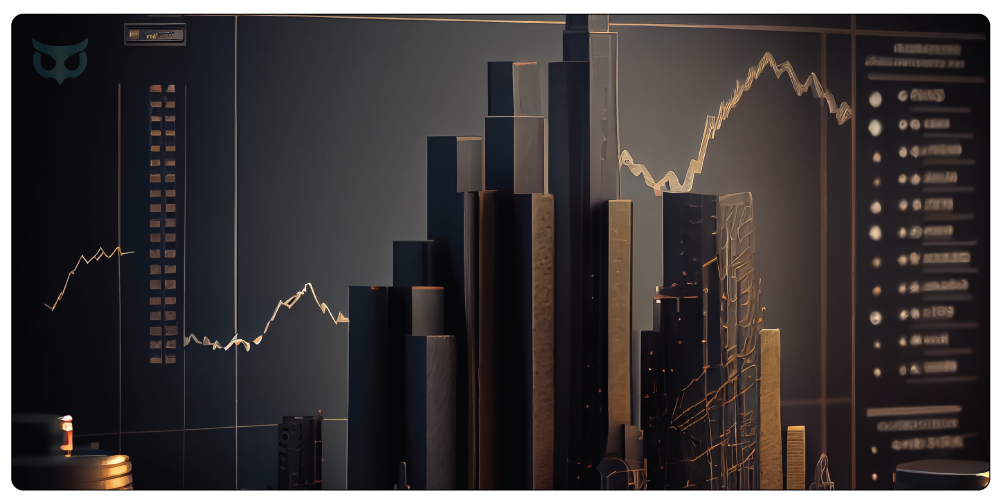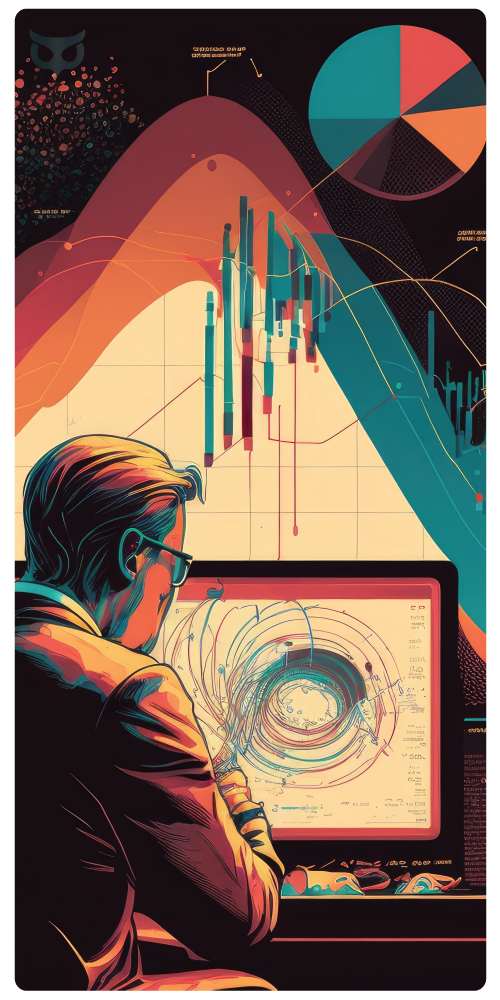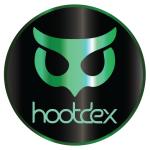Unlocking NFT Value on HootDex
Understanding the pros, cons and purpose of a non-fungible token “NFT” is important to understand. Firstly an NFT is much different than a cryptocurrency such as Bitcoin, Ethereum or Pecu Novus, cryptocurrencies are considered an asset class whereas an NFT is a representation of ownership of a digital or physical asset, similar to deed to a home or title to a car.
NFTs minted on other blockchain networks may not carry the same vetting process as ones minted on the Pecu Novus Blockchain Network, this is a key factor. Since the boom of the NFT market there have been many schemes, pump & dumps and other nefarious things that have taken place. Make no mistake that on the flip side many legitimate and valuable NFT projects have surfaced as well.
The vetting process is what actually protects the general public and this is why only NFTs minted on the Pecu Novus Blockchain Network can be listed on HootDex or the FortisAB Marketplace. This allows for HootDex members to view projects with confidence and not wonder if an NFT is legitimate or not.

With that said, there is a lot of value that can be unlocked with NFT’s as they can represent a number of things such as:
→ Art, Photography
→ Music
→ Gaming
→ Real Estate
→ Collectibles
→ Trading Cards and the list goes on
One of the most powerful aspects of the NFT market is that anyone can invest in an NFT or NFT project series. Ownership is immutable and absolute since it is created on the backbone of the underlying layer-1 blockchain network. They can be transferred very easily and quickly, on the Pecu Novus Blockchain Network they can be placed in escrow awaiting payment or they can be placed in the MVault’s safety deposit box (cold storage).
Creators of NFT’s must be vetted and part of that vetting process is them having to adhere to the Know Your Customer “KYC” and Anti-Money Laundering “AML” laws of the land, with that said all creators of NFTs will use the Decentralized MegaHoot Identity system, this allows them to easily and privately submit their encrypted details.
This is a security measure to protect the general public and because all NFT’s created on Pecu Novus can be fractionalized, it is important to integrate that from the point of creation so that creators can easily advance to selling, fractionalizing, bundling etc without delay.

Typically NFTs are not considered an asset class within itself but when tokenized it does create a type of asset, similar to when a mortgage backed security “MBS” is created representing a bundle of mortgages. The tokenization of NFTs can be done to fractionalize or to bundle a group of NFT’s, they essentially create a fungible asset product that may unlock value. This makes it a very interesting value add for the physical real estate industry.
For higher end physical artwork it can unlock value simply by creating a vetted NFT and then tokenizing that NFT, it opens up the door for any investor to participate as opposed to only the affluent. This holds true for real estate as well, the key part of it all is the vetting process, knowing what physical asset the NFT represents and verifying it in real life and on the blockchain.
Henry Ford once wrote the following: “I will build a car for the great multitude.” “If I had asked people what they wanted, they would have said faster horses.”
There is truth in those words, HootDex itself was built not for some people but for all people to use globally, from NFT trading, NFT fractionalizing or bundling, various derivative trading to liquidity pools for viable projects, HootDex strives to introduce digital asset products that work.

